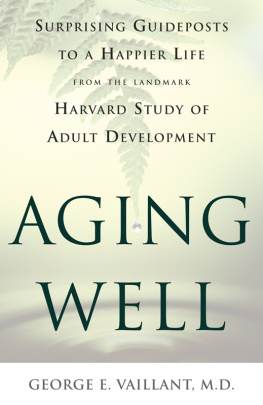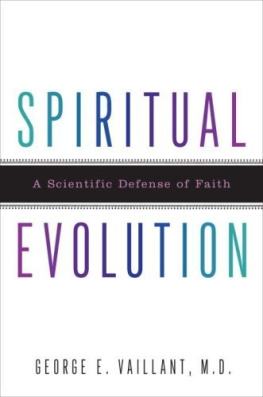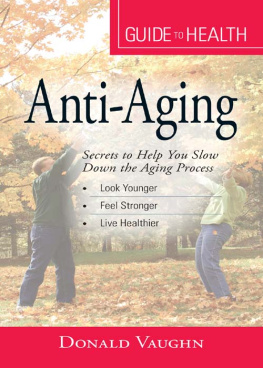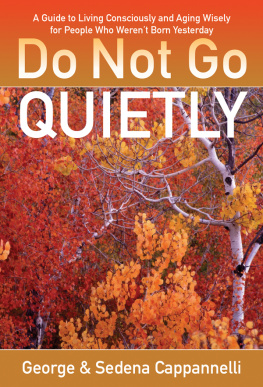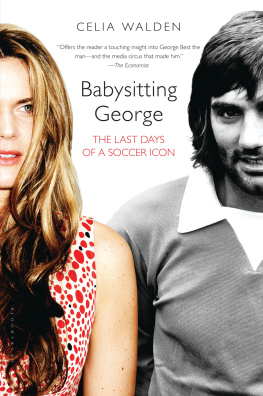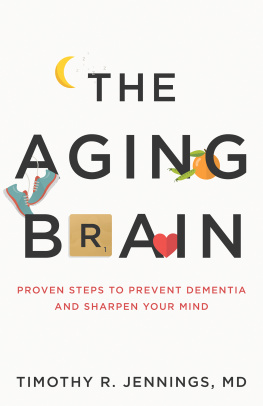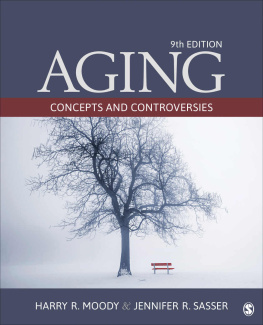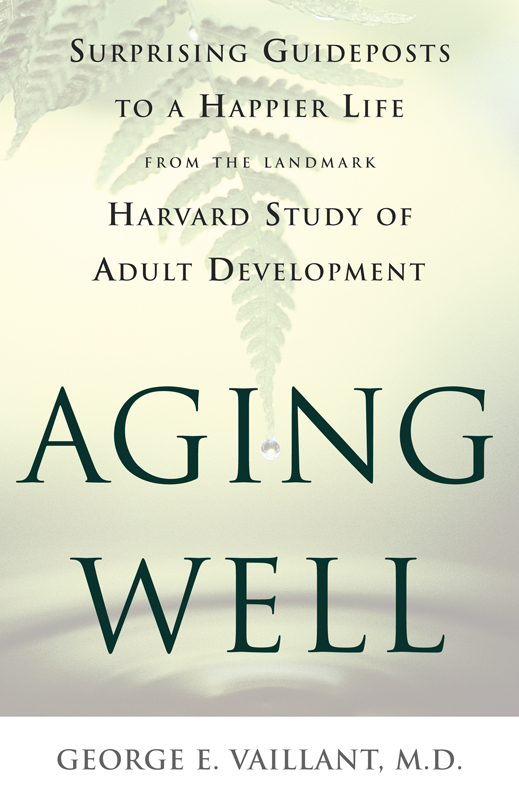Copyright 2002 by George E. Vaillant, M.D.
All rights reserved. No part of this book may be reproduced in any form or by any electronic or mechanical means, including information storage and retrieval systems, without permission in writing from the publisher, except by a reviewer who may quote brief passages in a review.
First eBook Edition
The author is grateful for permission to reprint the following excerpts: vignettes of Bill Dimaggio and Eric Carey, from G. E. Vaillant, The Wisdom of the Ego(Cambridge, Mass.: Harvard University Press, copyright 1993 by the President and Fellows of Harvard College); H. Zinsser, As I Remember Him(Boston, Mass.: Little, Brown, 1940); vignette of Mary Fasano from The Harvard Gazette;the Is lines from G. Garrett's translation of Sophocles' Oedipus at Colonusby University of Pennsylvania Press; the excerpt from The View from Eightyby Malcolm Cowley, copyright 1976, 1978, 1980 by Malcolm Cowley. Used by permission of Viking Penguin, a division of Penguin Putnam, Inc.; the 3 lines from W. B. Yeats, Sailing to Byzantium, from The Poems of W.B. Yeats: A New Edition,edited by Richard J. Finneran. Copyright 1928 by Macmillan Publishing Company, copyright renewed 1956 by George Yeats. Used with the permission of Scribner, a division of Simon and Schuster, Inc., and with the permission of A. P. Watt Ltd., London; the 8 lines from R. Humphries' translation of Ovid's Metamorphosesby Indiana University Press, copyright 1963.
For information on Hachette Book Group's online publishing program, visit www.HachetteBookGroup.com .
Hachette Book Group, 237 Park Avenue, New York, NY 10017
The Warner Books name and logo are trademarks of Hachette Book Group, Inc.
ISBN: 978-0-316054-80-5
Book design by Fearn Cutler
also byGEORGE E. VAILLANT
Adaptation to Life
The Wisdom of the Ego
The Natural History of Alcoholism Revisited
For Caroline
With love and gratitude
T HE S TUDY OF A DULT D EVELOPMENT
I enjoy talking with very old people. They have gone before us on a road by which we, too, may have to travel, and I think we do well to learn from them what it is like.
Socrates, in Plato's The Republic
H aving entered the new millennium we are bombarded with contradictory information about what it means to grow old. News reports of people living longer than ever are juxtaposed to horror stories of life in nursing homes and elders wishing for death. Inspiring anecdotes of energetic 85-year-old marathon runners or CEOs or composers who seem as young as ever are followed on the nightly news by stories on the barrenness of life in gated retirement communities filled with decrepit old people who feel superfluous. Will the longevity granted to us by modern medicine be a curse or a blessing? How can we control our last years? These are the questions for which we need answers.
To know how to grow old is the master-work of wisdom, and one of the most difficult chapters in the great art of living; so wrote Henri Amiel in 1874. More than a century later, as more and more of us are destined to live into our eighties, his challenge becomes more pressing than ever; and we need to decide from whom to gain that knowledge. As we go through life, we meet octogenarians who offer us rare role models for growing old. We meet vigorous, generative great-grandparents, and we wonder how they became that way. We wonder about their originsabout how their pasts might illuminate our own futures.

